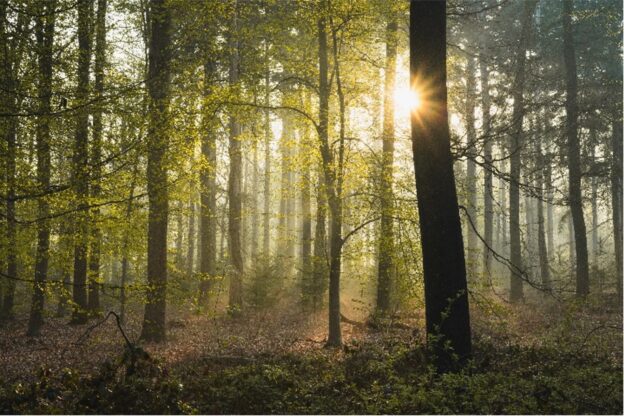
An increasing number of people are moving away from the traditional funeral and are opting for something that is slightly more unconventional and reflects the individual’s personality. Here is our guide to alternative funerals for those that what something a bit different.
What is an Alternative Funeral?
An alternative funeral is any type of funeral that is not deemed traditional. From a non-religious service to a woodland burial, there is a range of options available when it comes to celebrating a life.
Direct Cremation
A direct cremation is a funeral that is stripped back to the bare essentials. There is no service and mourners are not present. This is a popular option for those who did not want a proper funeral. They are becoming a more popular option in recent years, as this, no-frill approach helps keep costs down.
DIY Funeral
A DIY funeral is one that is organised by the family of the deceased without the use of a funeral director. Some people choose this option to keep costs a bit lower, to have a less formal funeral, and to have more involvement in the process.
Whilst this is a great option for some, people need to realise how time-consuming and stressful organising a funeral is, especially when it is for a loved one. From taking care of the body to organising the service, booking the cremation, filling out all the correct paperwork, and much more, this is a gigantic task to undertake. It can be an overwhelming experience and funeral directors are specialists at their work and can help the process go a lot smoother and relieve people from unnecessary added stress. Before opting for a DIY funeral, always get advice first.
Non-religious Funerals
A non-religious funeral is what the name suggests – a funeral that does not contain any religious elements. Also known as an atheist or humanist funeral, a non-religious funeral follows the same basic structure of a traditional service but does not contain any Bible readings or hymns being read. Instead, the service will feature your loved one’s favourite songs or popular readings from non-religious texts.
Non-religious funerals can be held in any venue that is willing to have them including crematoriums or local community halls. The funeral is centered on remembering the individual and celebrating their life.
Woodland Burial
Also known as green burial, woodland burials are becoming increasingly popular, particularly for their eco-friendly credentials. Those that love nature may be more likely to choose this option as it’s environmentally friendly.
A biodegradable coffin and no embalming chemicals are used in order to avoid polluting the earth where they are laid to rest. Whilst it is a cheaper alternative to a traditional funeral, there are a limited number of woodland burial sites in the country.
Whilst woodland burials can be beautiful, there is no headstone and therefore is difficult to know the exact location someone is buried. Often, woodland burial sites have a specific area within the woodlands that families can visit to remember their loved ones.
Green Burial
Similar to a woodland burial, green or eco burials involve the body being buried in the soil without the use of embalming fluids to ensure the body is naturally recycled. The coffin used will be made from biodegradable, natural material. The impact of climate change has led eco-funerals to become increasingly popular in recent years.
Sea Burial
Whilst sea burials are becoming more rare, they are still a viable option for those who had a strong connection to the sea when they were alive such as navy officers or sailors. There are official requirements that need to be met for someone to have a sea burial in England which is important to know.
There are also only a few locations in the UK where you can be buried at sea. These are Off the needles on the Isle of Wight, Off Tynemouth in North Tyneside, and between Hastings and Newhaven.
All those buried at sea cannot be embalmed and can only wear biodegradable clothes and use a specific coffin.
As there are a lot of rules and regulations when it comes to a sea burial, many families decide to scatter their loved one’s ashes at sea instead. There are no legal requirements when it comes to this, making it an easier option for many.
Home Burials
Whilst this is not a popular option, some may consider a home burial in order for their loved one to remain close to home. To do this, some government guidelines need to be met. The body needs to be buried a certain depth below ground and cannot be within 50 meters of any water source.
Local authorities should be notified of the burial and you should think carefully about whether this is the best option for your loved one. For example, if the property is not going to stay in your family, the burial needs to be stated on the house deeds and this can put off potential buyers and significantly reduce the property value.
This guide to alternative funerals hopefully highlights the range of possibilities available when it comes to organising a funeral that is as unique as your loved one but not a traditional religious funeral. If you are planning an alternative funeral to help celebrate a life, then please get in touch. We will work with you to understand exactly what type of funeral you are after and help you put the stepping stones in place to organise a funeral that matches your needs.
